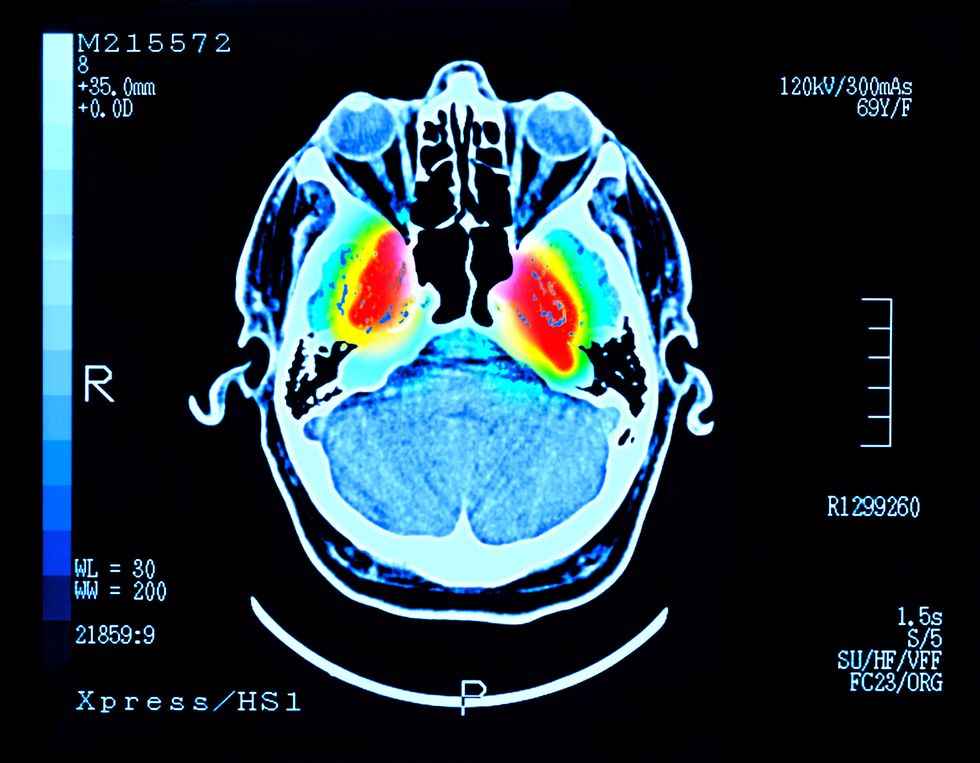



Dementia patients across England now endure waits extending to 24 months before receiving a diagnosis, marking a dramatic deterioration from the 34-week maximum recorded in 2019.
A new analysis by Care England has exposed the scale of the crisis facing those seeking dementia assessments. The charity's findings reveal systematic failures in delivering prompt diagnostic services.
The stark increase represents a significant blow to patients and families navigating an already challenging healthcare journey.
These extended delays mean individuals are left without crucial support and treatment options for prolonged periods.

GETTY
|The study reveals systematic failures in delivering prompt diagnostic services
The deterioration in waiting times reflects broader pressures on dementia services throughout the country.
The charity's comprehensive review, titled "The Current State Of Dementia Diagnosis & Care In England", documents how typical waiting periods have surged by over a third, climbing from 13 weeks to 17.7 weeks.
Care England, which represents independent adult social care providers, attributes these delays to governmental shortcomings in developing adequate responses to escalating service demands.
The organisation's assessment highlights persistent diagnostic gaps and substantial geographical variations in care provision.
The registered charity's findings underscore coordination failures throughout the care system.
Their analysis demonstrates how current approaches have proved insufficient in managing the increasing pressure on dementia services nationwide.
The organisation advocates for comprehensive reforms, including a cohesive national approach, specialised training for dementia care workers, and adequate long-term financial support.
Care England warns that without immediate intervention, demographic shifts will exacerbate the crisis.
An ageing population combined with rising care needs threatens to overwhelm existing services.
The charity's recommendations encompass establishing standardised diagnostic procedures nationwide and implementing consistent care standards throughout patients' journeys.
They also propose dedicated funding for educational programmes targeting care providers.
Additional measures include reinstating national diagnostic benchmarks within a broader Dementia Accountability Framework. These reforms aim to address the projected surge in dementia cases across England.

GETTY
|Health chiefs have stressed the urgent need for national leadership to prioritise dementia care
Professor Martin Green, Care England's chief executive, stressed the urgent need for national leadership to prioritise dementia care.
He stated: "People living with dementia, and the professionals who care for them, are navigating a system that is too often reactive, underfunded, and disjointed."
Green called for a system redesign, declaring: "This report is a call to redesign that system from the ground up, which needs national leadership, long-term investment, and a commitment to treating dementia care as a priority, not an afterthought."
Jill Quinn, Dementia Forward's chief executive, warned that absent a national strategy, the system creates "dangerous gaps in the support and care" whilst failing to disseminate best practices.
